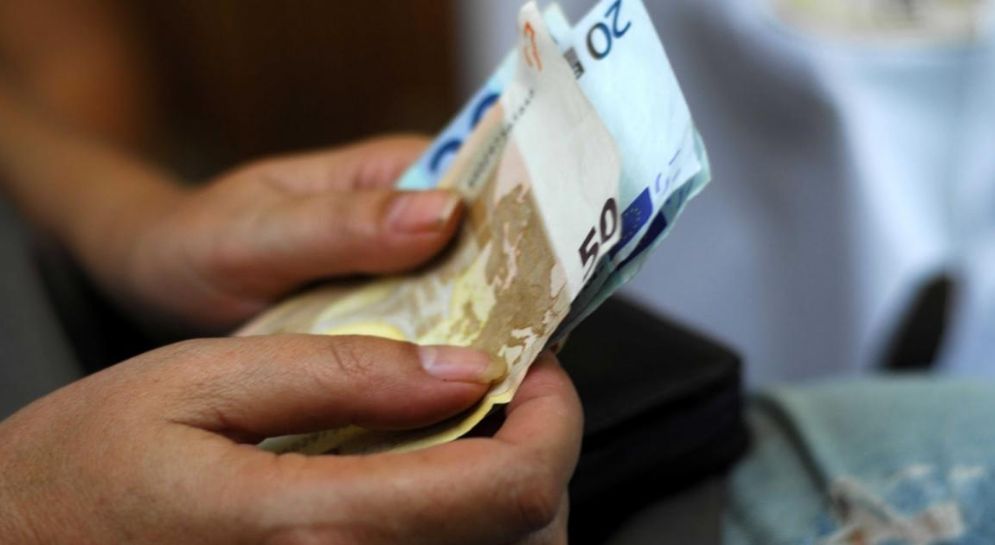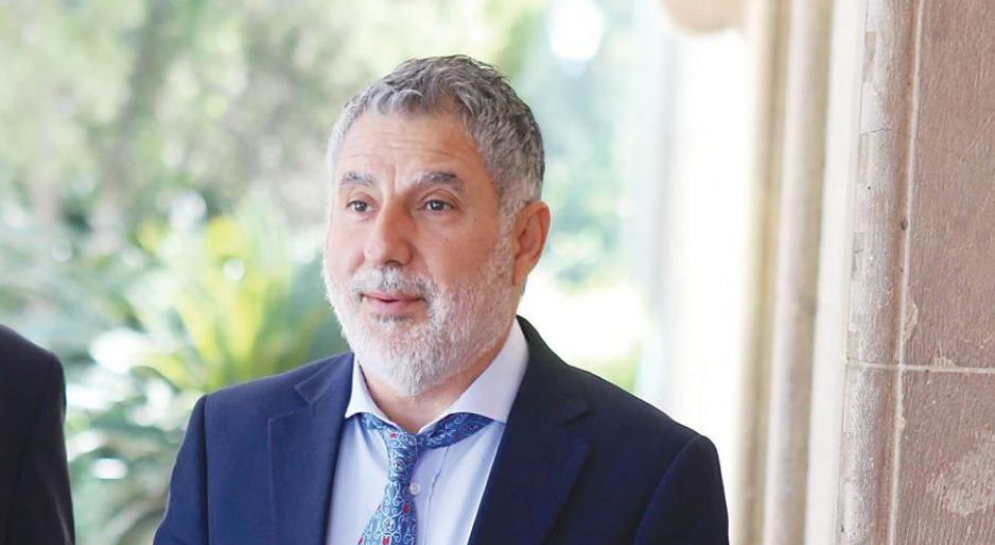
The banks’ attitude is unacceptable – The measures adopted do not satisfy us
Statement by the General Secretary of AKEL A.Kyprianou
AKEL C.C. Press Office, 29th March 2020, Nicosia
- Since the beginning of the coronavirus pandemic AKEL’s goal has been to cooperate with the Government and the other political parties to overcome the crisis as painlessly as possible, limiting the consequences for the people. We submitted proposals both to control the spread of the pandemic, as well as to address the consequences for society and the economy.
- After many consultations it was possible to adopt a first package of measures for working people, the self-employed and businesses, in particular for small and medium-sized enterprises. The measures that were approved do not fully satisfy us. We consider that the effort must continue so that working people, the self-employed and small and medium-sized enterprises must be supported even more. AKEL will work towards this end.
- Today we are discussing in the plenary of the House of Representatives the two bills concerning the Banks. The first bill concerns the suspension of loan installments and interest, and the second concerns the granting of 2 billion Euros in state guarantees to the banks for loans and interest subsidies.
- There has been a lot of discussion surrounding the issue of the suspension of payments and interest. We brought about numerous improvements, but there is one issue which cannot be accepted by us that is still pending. With the arrangements that are being proposed, banks will not only not contribute towards overcoming the crisis, but i they will also eventually come out with the certainty of getting back the interest that will not be paid by clients during the nine months.. We recall that the banks were supported by the state and society in 2013 to survive. The fact that today in the face of such a crisis the banks do not appear willing to contribute anything is unacceptable.
- Our position is that the interest for the period of 9 months must be frozen and not paid back, even though European mechanisms reject this possibility. We address an appeal to the political forces to adopt our proposal, namely that the interest that will not be paid over the next 9 months should not be recapitalised and should be transferred to the end of the loan’s repayment. This is this way the consequences for borrowers will be the least possible. This is the only way our Parliamentary Group could approve this bill.
- There was a lot of discussion and many improvements were made to the second bill. But it is still very far from what we could support. We request more time to study deeper other and better options. More specifically, we propose that the following should be studied:
- The issuing of a 10-year government bond by the government for domestic borrowing. This money can be channeled into society in various ways. Whether directly from the state, provided that the operation of the Plan is ensured and effectively monitored in order to safeguard the repayment of the loans, either in cooperation with a commercial bank or banks on the basis however of criteria and conditions that will be prepared by the Government and that will be subject to Parliament’s approval.
- Make use of the De Minimis European Union program, which provides for the provision of assistance to every company of up to 200,000 Euros every three years or the provision for a one-off sum from the first year. Cyprus participates in this program too, and Spain has already received approval for this program.
The times we are going through are critical, both for society and the economy. We address an appeal to the Government and the rest of the political forces to work together, putting above all else those who in need of protection at this critical juncture. Namely, the working people, the self-employed, the SME’s, those who produce for society and the economy, not the banks.




